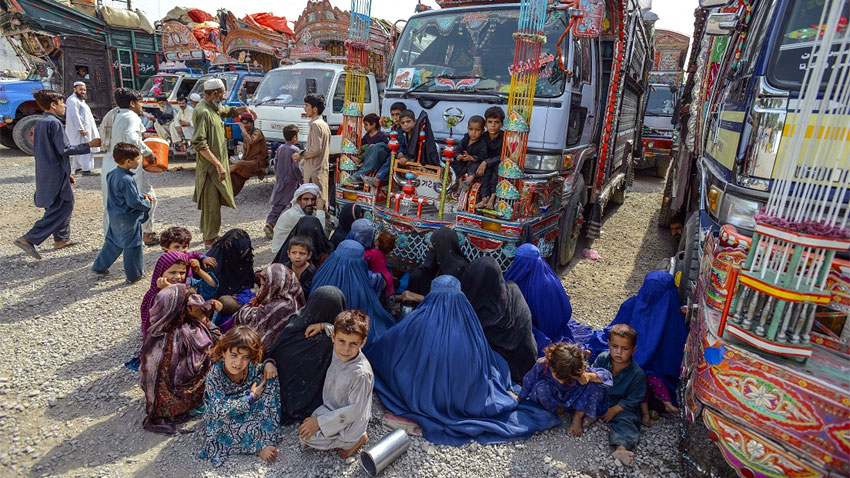The process of refugee repatriation is a global phenomenon, yet when Pakistan undertakes the same action, it faces criticism. Sardar Hussain Babak argues that the Pakistani constitution doesn’t serve the general populace, raising questions about the influx of Afghan refugees. In contrast, Senator Bahramand Tangi contends that illegal Afghans dominate businesses, and properties, and pose security threats. As Pakistan decides to repatriate Afghans within a month, the debate intensifies over the leniency shown and the impact on bilateral relations. This article delves into the contrasting views and explores the complexities surrounding Pakistan’s decision on Afghan refugee repatriation.
Debating the Complexities of Afghan Refugee Repatriation: Perspectives from Pakistani Leaders
Senator Bahramand Tangi criticizes Babak for seemingly representing Afghanistan and not mentioning any positive aspects for Pakistan. Tangi highlights the dominance of illegal Afghans in Pakistan’s businesses, seizing properties, and involvement in terrorism. He emphasizes that Afghans operate above the law, questioning Pakistan’s decision to repatriate within a month. Contrasting it with other countries’ swift deportation of illegal immigrants.
Concerns are raised about Pakistan’s perceived lack of leniency towards Afghan refugees. Bahramand argues that the one-month repatriation timeframe is the utmost leniency shown and accuses returning Afghans of tarnishing Pakistan’s image with claims about territorial ownership. He calls for the forceful eviction of illegal Afghan refugees, emphasizing their ingratitude despite the opportunities provided by Pakistan.
Sardar Babak defends Pakistan’s role in hosting Afghan refugees during the Afghan-Russia war, highlighting support for Afghan warriors. He criticizes the lack of coordination between Pakistan and the Afghan government in the repatriation decision, anticipating potential conflicts and emphasizing the desire for peace.
Babak suggests that the Afghan government should enhance opportunities for its people. Particularly in education, to address the root causes of migration.
Adding to the perspective, he urges talks between the governments of Pakistan and Afghanistan, emphasizing the need to eliminate longstanding rivalries and find comprehensive solutions for Afghan nationals residing in Pakistan. The intricate debate underscores the multifaceted challenges and differing viewpoints surrounding the complex issue of Afghan refugee repatriation in Pakistan.


